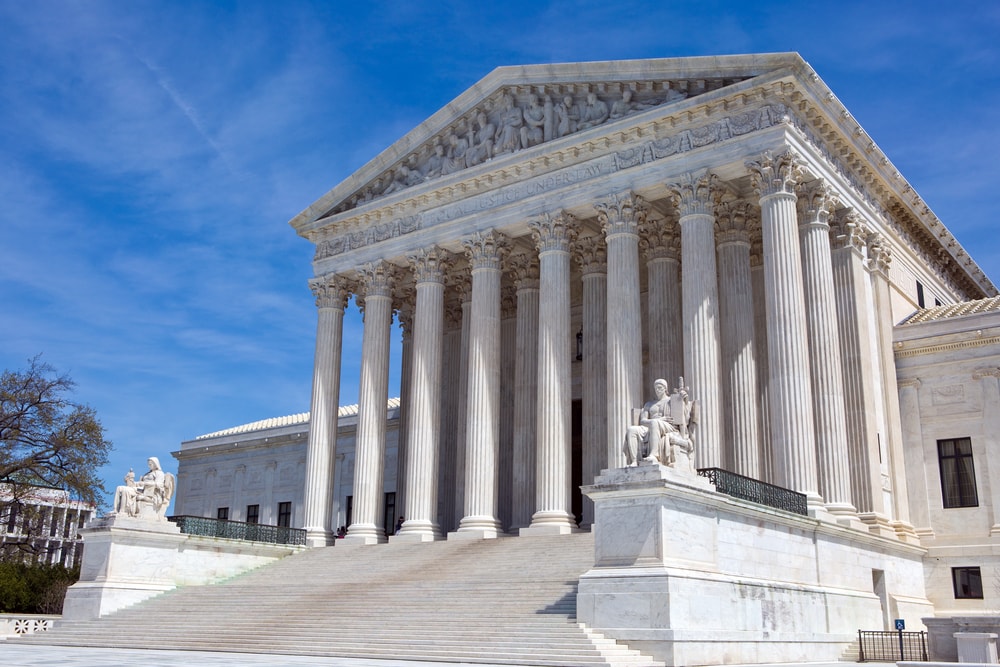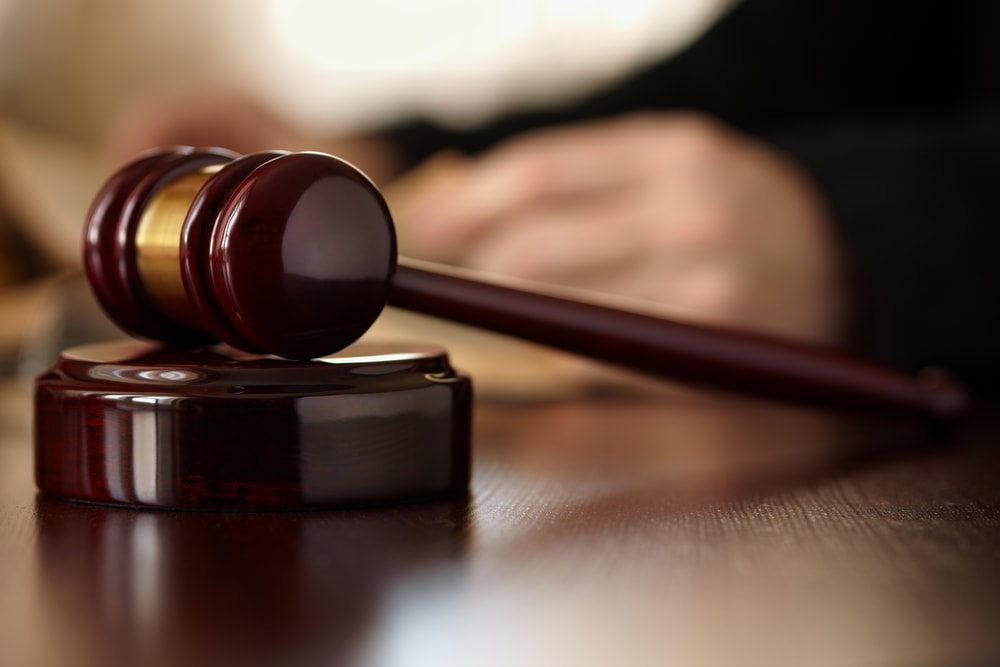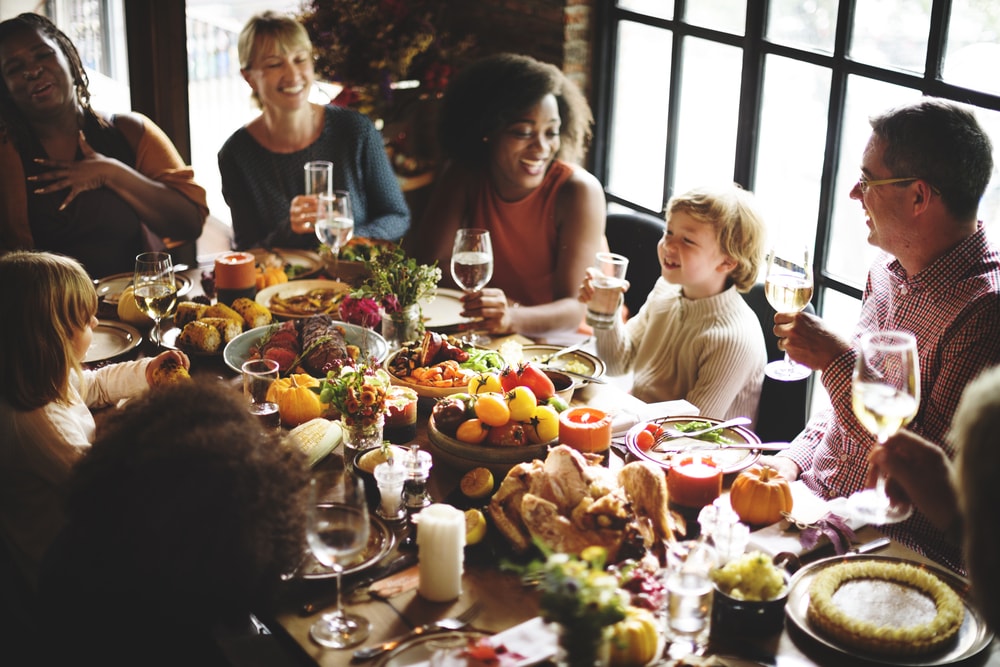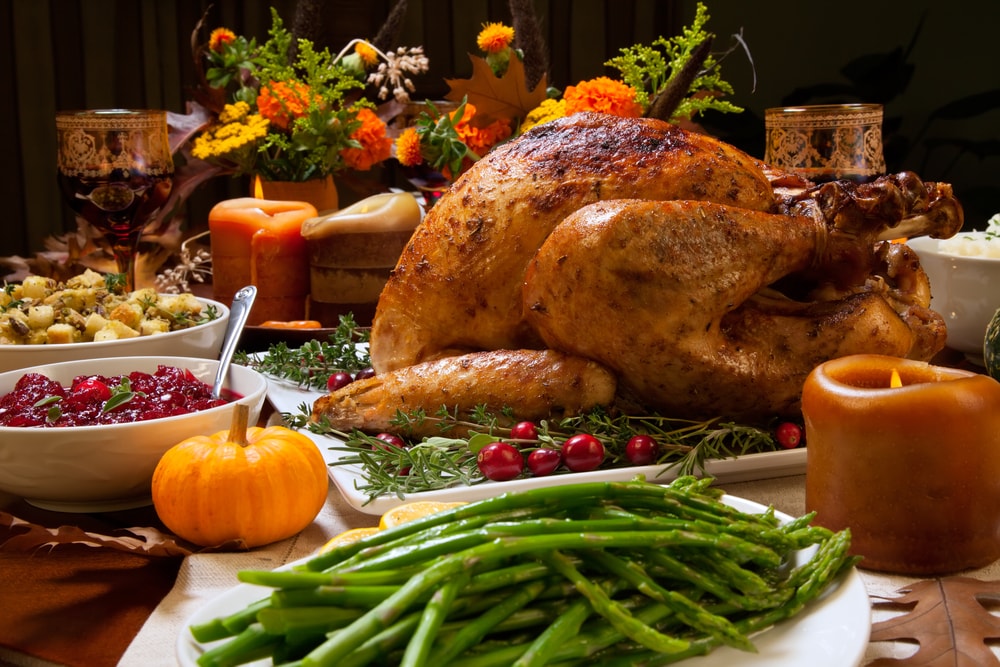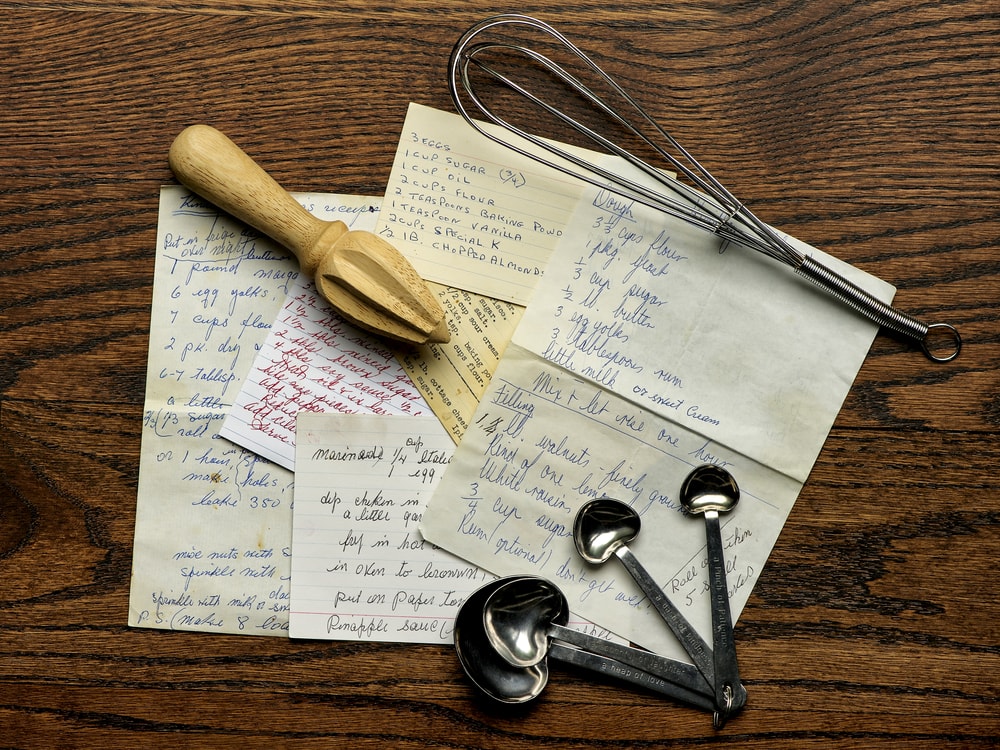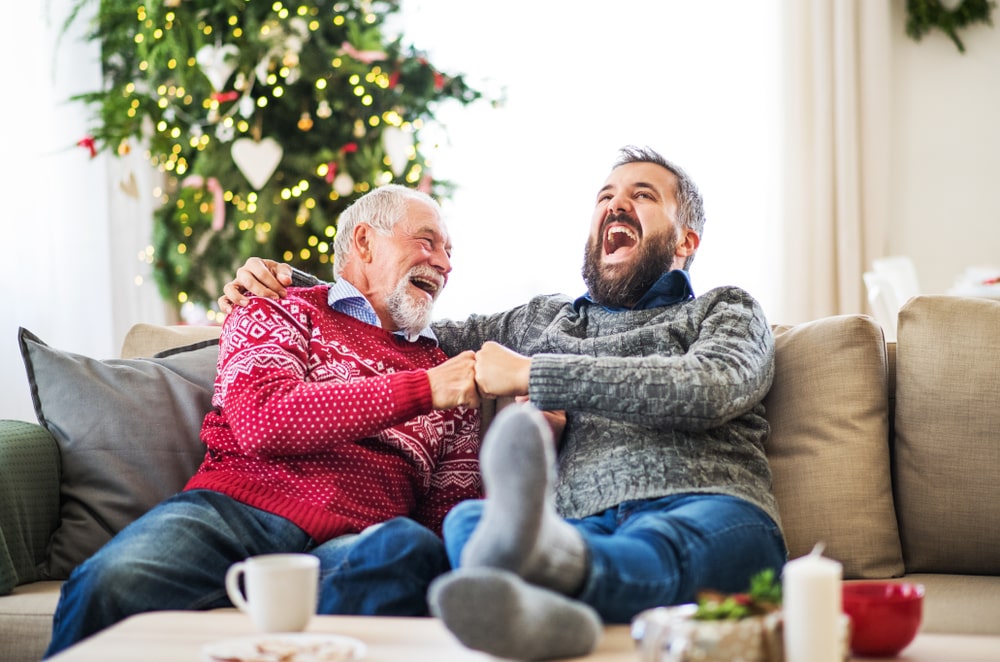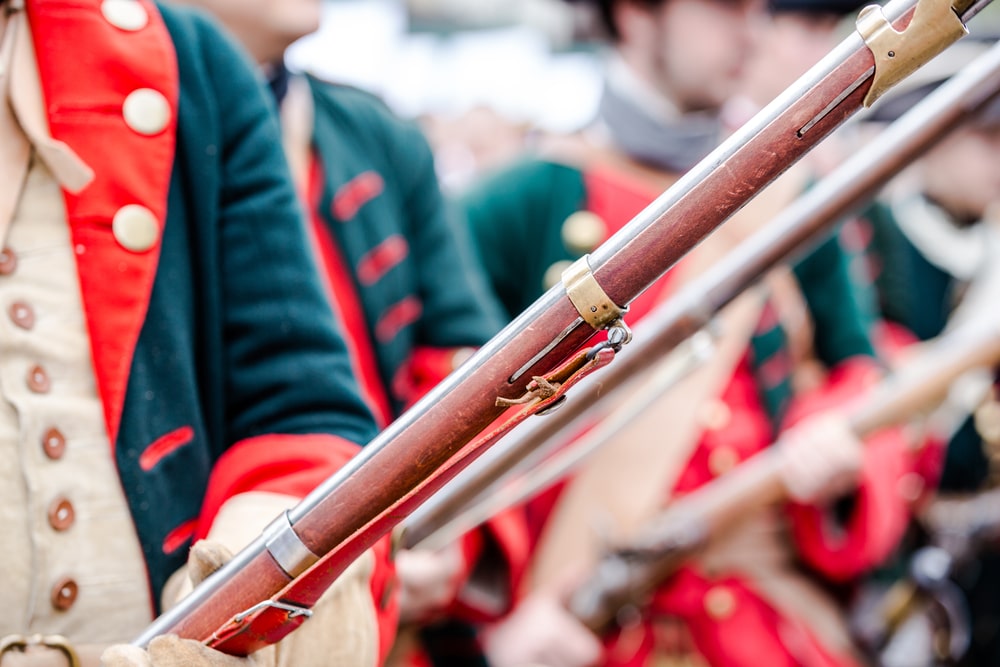
“I became an actor in that important drama with an inflexible resolution to persevere through the last scene, when we might be permitted and acknowledged to enjoy what we had so nobly declared we would possess or lose with our lives – Freedom and Independence!” – Deborah Sampson
As we mark the Fourth of July and the independence brought about after the Revolutionary War, it’s impossible not to remember the historical men and women who played key roles in the creation of our nation. Men like George Washington, Benjamin Franklin, and Thomas Jefferson are easily remembered, but what about the women – the ladies of liberty – who also deserve our remembrance and respect? Today, let’s talk about Deborah Sampson, a woman whose story you may never have heard.
Biography
Early life
The first of seven children, Deborah was born on December 17, 1760, near Plympton, Massachusetts. Her parents struggled financially, and while she was still a child, her father Jonathan Sampson Jr. died at sea. Her mother could not support all seven children, so they were each sent to live in different homes. Eventually, young Deborah became an indentured servant in the home of Benjamin Thomas, a farmer with a large family. She lived with them until her indenture was complete at age 18.
After her time with the Thomas family was complete, Deborah worked as a teacher in the summer and a weaver in the winter. But then, in 1782, Deborah did something completely unexpected – she disguised herself as a man and enlisted in the Fourth Massachusetts Regiment in the Continental Army. Her alias was Robert Shurtleff, and it was more than 18 months before she was discovered.
Military service
While incognito, Deborah was assigned to Captain George Webb’s famous Light Infantry. Some of her missions included scouting neutral territory to assess British build-up, leading 30 infantrymen in an expedition that ended in a skirmish, and raiding a Tory home where 15 men were taken prisoner.
At one point, she took a bullet to the shoulder, but in order to stay undiscovered, she removed the bullet herself rather than seek medical attention. However, in the summer of 1783 (mere weeks before the Treaty of Paris was signed), she fell unconscious with a high fever and her gender was discovered by the attending physician. Interestingly, she was not reprimanded, but was instead given an honorable discharge on October 25, 1783.
Following the war
After the war ended, Deborah returned to Massachusetts where she married a farmer named Benjamin Gannett in 1784. They had three children together and adopted a fourth. In 1792, she petitioned the Massachusetts State Legislature to receive back pay for her service, and she won.
Then, in 1802, she went on a lecture tour in Massachusetts, New York, and Rhode Island, where she talked about her experiences in the Continental Army. She was the first American woman to complete a lecture tour, and it was quite the success. Afterward, she petitioned Congress that she be allowed to receive a disability pension due to a shoulder injury she sustained. Though it took time, and she was denied once, Deborah ultimately won the pension. She became the only woman to receive a military pension associated with service in the Revolutionary War.
Not much is known about her later years, but in April 1827, Deborah died in Sharon, Massachusetts. Her headstone in Sharon honors her service and calls her, “The Female Soldier.”
Key Contributions
Much of Deborah’s story is unknown, but without a doubt, she was committed to the cause for independence and made history. While she is the most famous, she is not the only woman to have served in the Revolutionary War. Other women include Anna Maria Lane, Elizabeth Gilmore, Anne Bailey, and Margaret Corbin, to name a few. We also honor and remember them for being ladies of liberty.
However, unlike her counterparts, Deborah’s dedication and commitment were recognized and honored by state and federal governments – long before women were allowed to vote or have a voice in political matters. In this, she is unique and showcases the strength and fortitude of Revolutionary Era women.
Interesting Facts
- The only woman to receive a full military pension for participation in the Continental Army
- A descendent of two prominent Mayflower families: Myles Standish and William Bradford
- Joined the Fourth Massachusetts Regiment disguised as a man named Robert Shurtleff
- A member of George Webb’s Light Infantry, which was the most active troop in the Hudson Valley during her time of service
- Shot during a skirmish, it’s said she left the bullet in her shoulder, so she could continue to serve undetected
- Her life story was recorded in The Female Review, or Memoirs of an American Young Lady (by Herman Mann); it is thought that some stories were likely embellished
- The first American woman to go on a lecture tour
- The only woman to receive a full military pension for service during the Revolutionary War
- After her death, her husband was granted pay for being the spouse of a soldier, and the committee stated that the Revolution had “furnished no other similar example of female heroism, fidelity, and courage.”
- Outside the public library in Sharon, Massachusetts, a statue stands in memory of her Revolutionary War service
The Importance of Legacy and Remembrance
As you can see, Deborah Sampson lived an exciting and unconventional life in many ways. She was a survivor. An overcomer. A soldier and a patriot. A wife and mother. A public speaker. A woman of resilience and strength. She left a clear legacy, both to her children and to the fledgling nation she helped found.
As we remember Deborah Sampson and the events that made her life both ordinary and extraordinary, take a moment to think about your own life. Are you leaving a legacy that you and your family can be proud of? Have you shared what’s most important with those you care about?
With our legacies, we contribute to the future. What we do matters. While most of us will never be famous or well-known, that’s not the point of a legacy. Instead, think of legacy as your opportunity to take your family and the next generation to a level you can only imagine. Just like Deborah did!

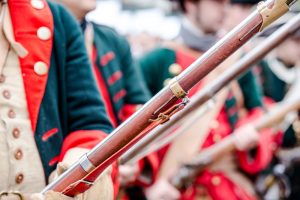
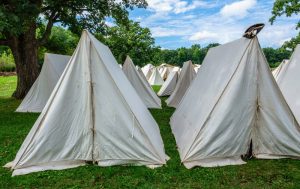
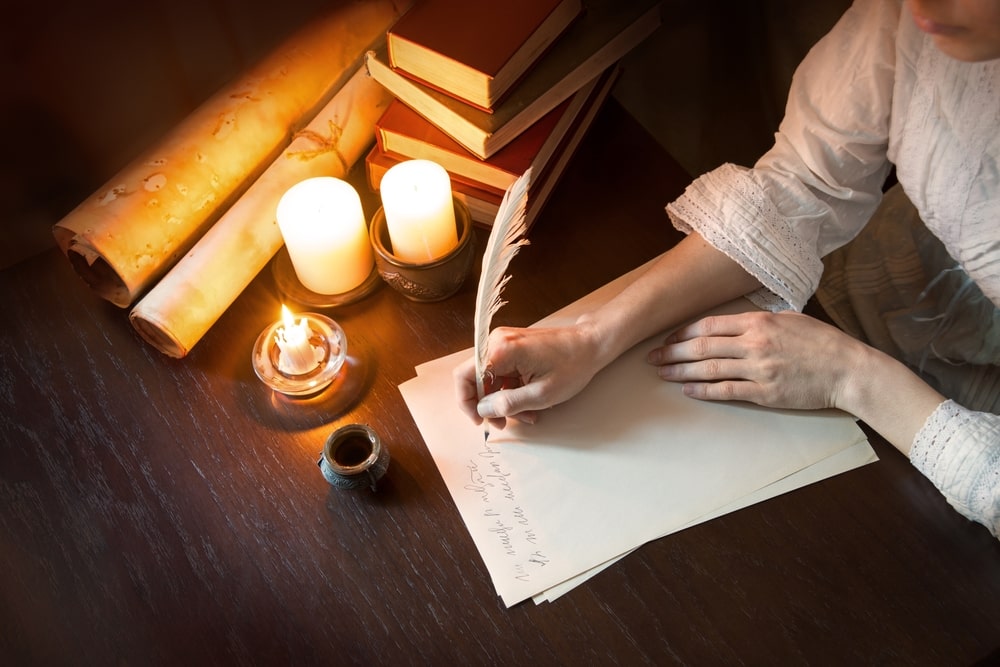
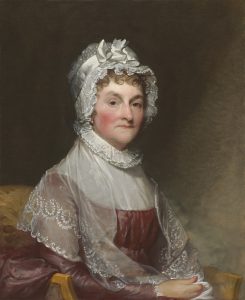
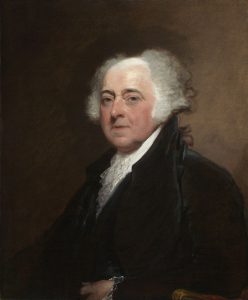


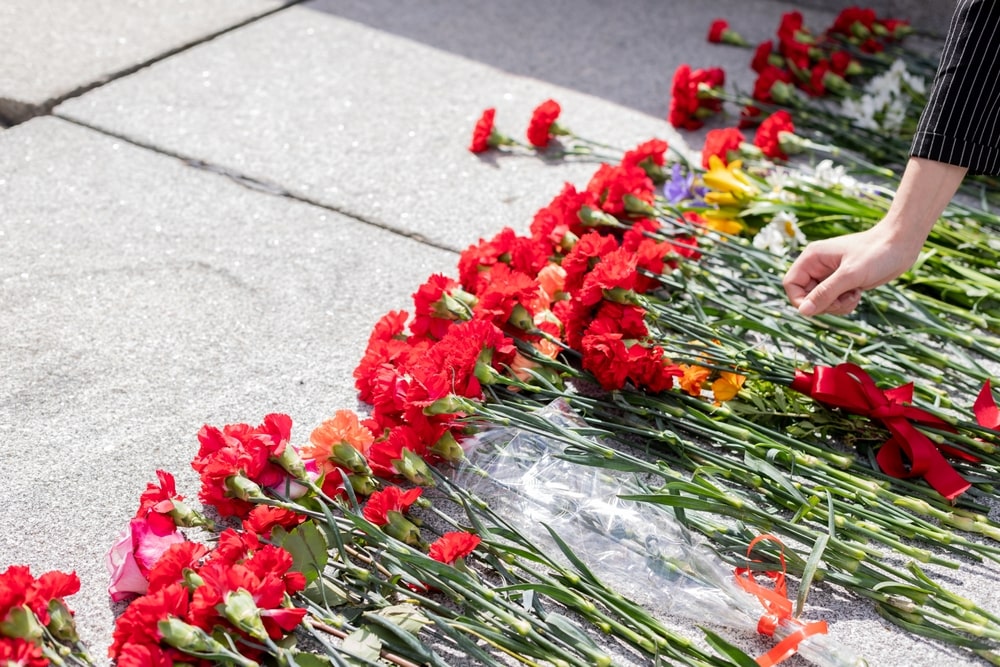
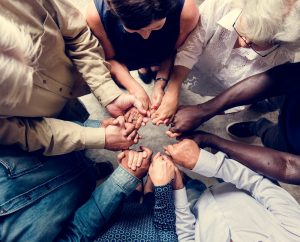
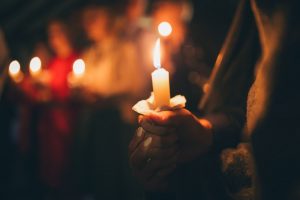
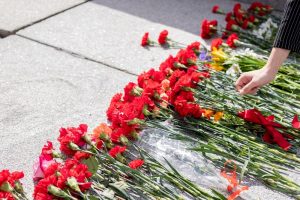






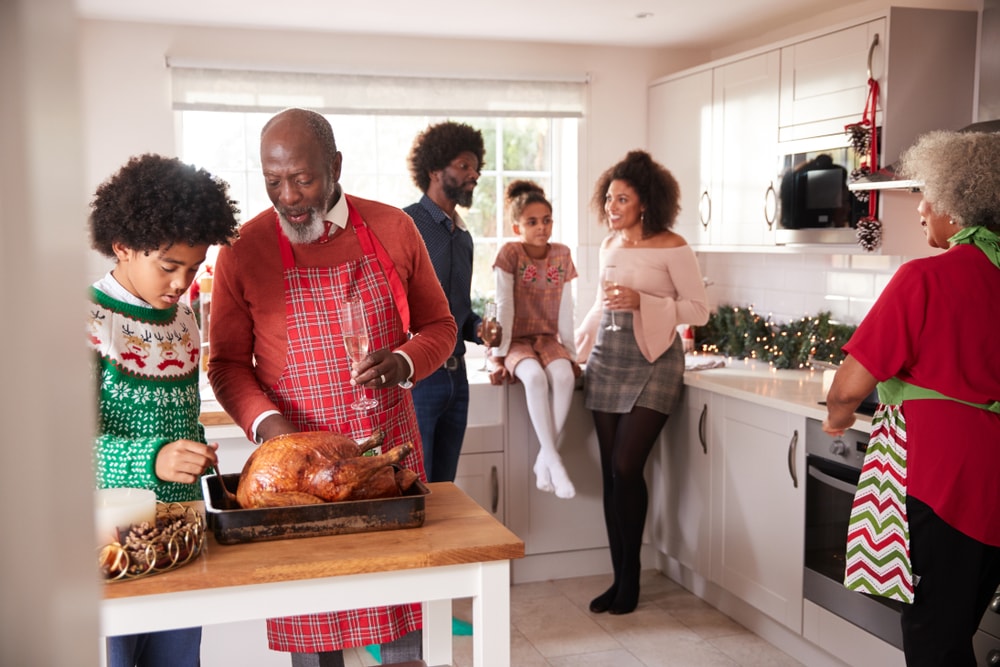
 Thirdly, when the day comes that your loved one is gone, hopefully after a long and fulfilling life, you can take the information you’ve gathered and create a meaningful funeral service. Additionally, if you video your interviews, you will have priceless footage to use in the creation of a
Thirdly, when the day comes that your loved one is gone, hopefully after a long and fulfilling life, you can take the information you’ve gathered and create a meaningful funeral service. Additionally, if you video your interviews, you will have priceless footage to use in the creation of a 
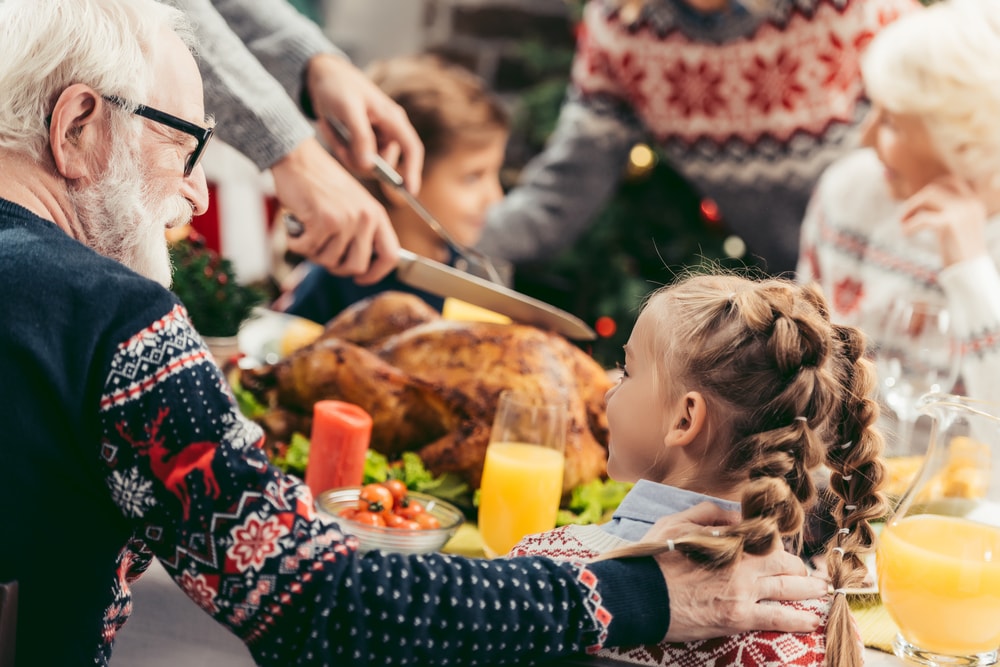
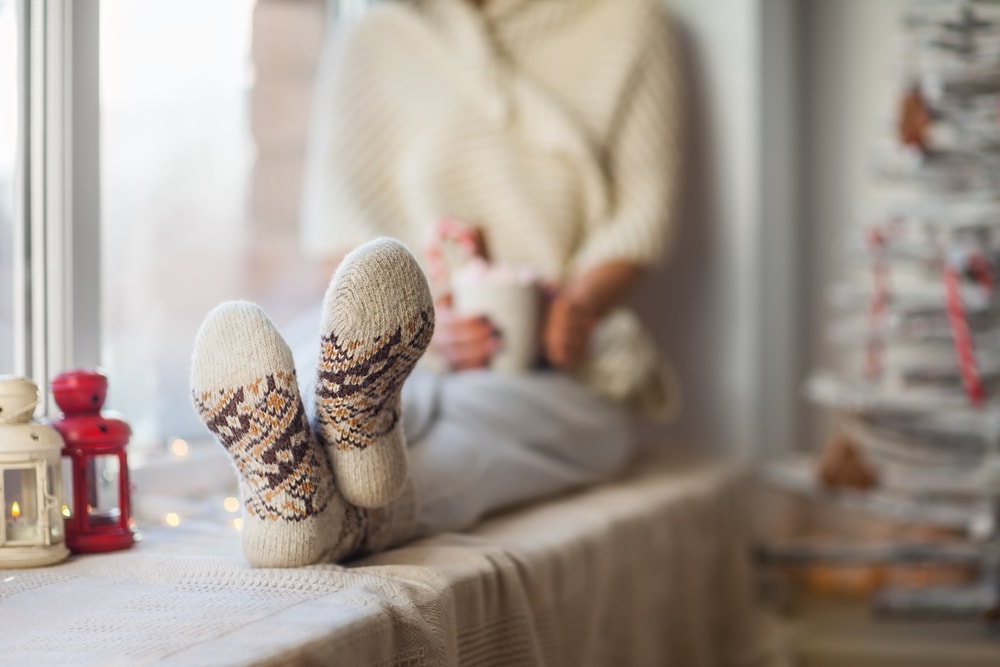



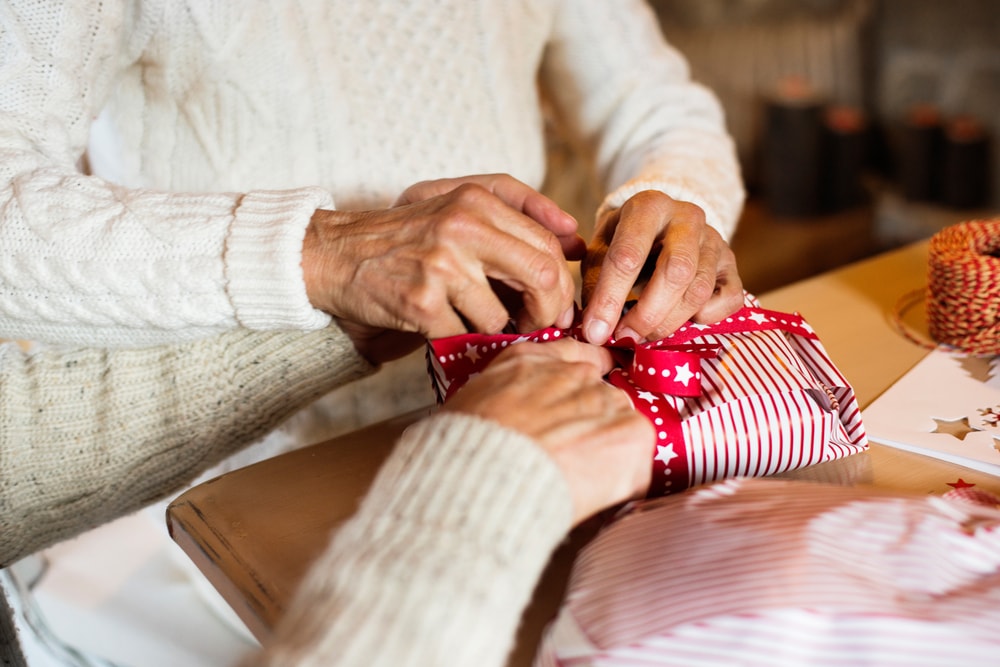

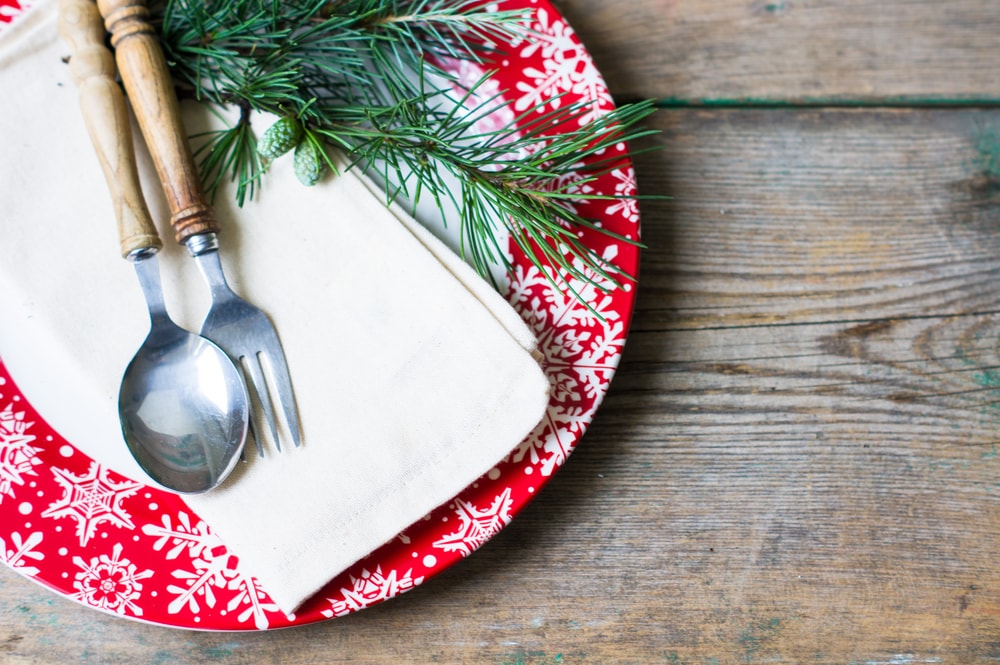



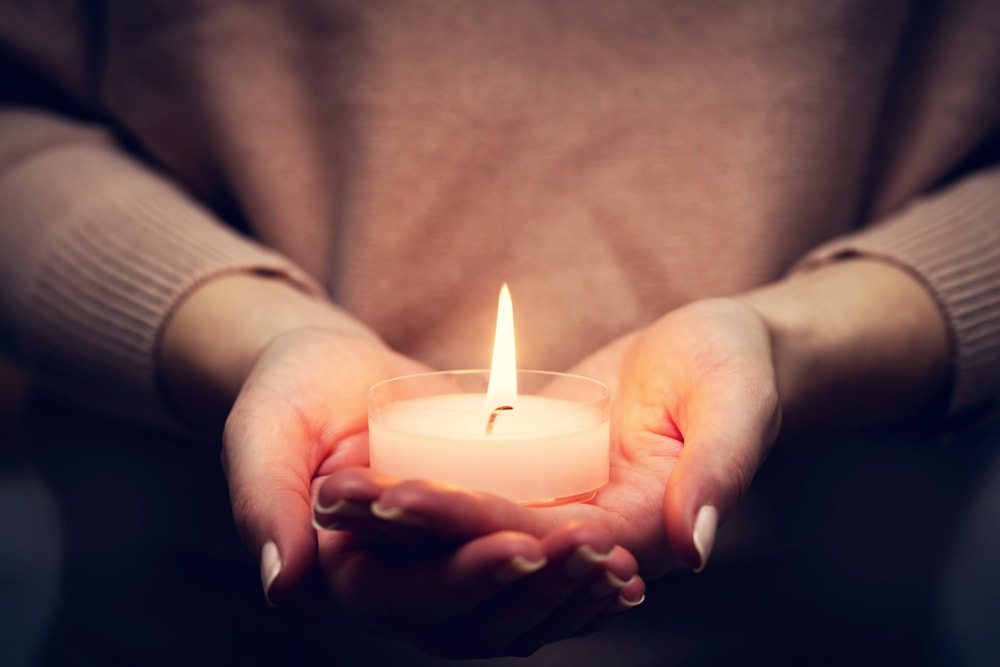 Candles have long been used to as a symbol for remembrance. Keeping the light burning signifies that the memory of a loved one still shines bright. This Christmas season, consider lighting a candle in honor of the person you’ve lost. You can place the candle in a special place and take turns lighting the candle through the season. This way, everyone has a chance to actively remember the person who has died.
Candles have long been used to as a symbol for remembrance. Keeping the light burning signifies that the memory of a loved one still shines bright. This Christmas season, consider lighting a candle in honor of the person you’ve lost. You can place the candle in a special place and take turns lighting the candle through the season. This way, everyone has a chance to actively remember the person who has died.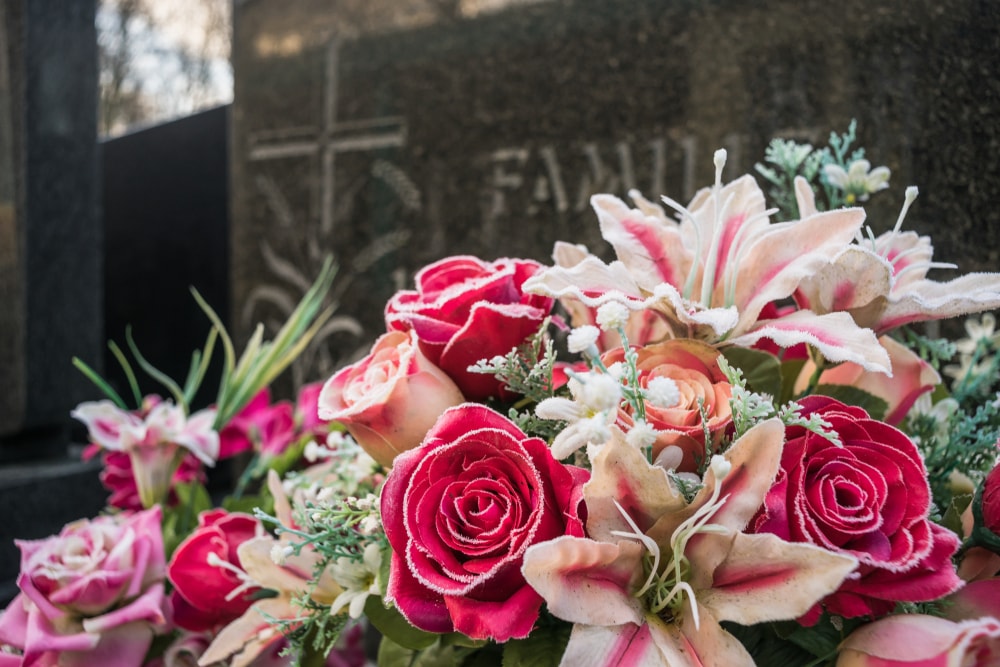
 For this simple idea, all you need are biodegradable balloons and a sharpie. Blow up the balloons, have each person write a special message on their balloon, and then, release them to the sky. This practice is actually more meaningful than you might think, and it’s an easy way to get everyone involved. But remember – get biodegradable balloons that are friendly to the environment.
For this simple idea, all you need are biodegradable balloons and a sharpie. Blow up the balloons, have each person write a special message on their balloon, and then, release them to the sky. This practice is actually more meaningful than you might think, and it’s an easy way to get everyone involved. But remember – get biodegradable balloons that are friendly to the environment.



